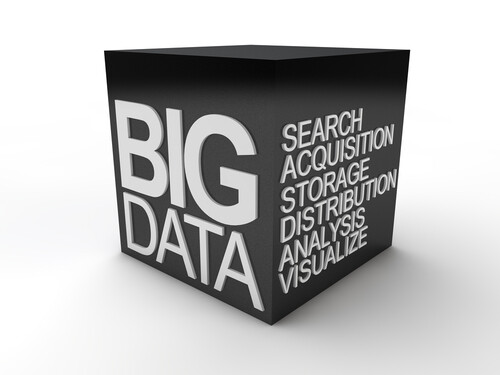

Difference between stated importance and operational reality regarding data
However, the AMA survey also revealed a curious disparity between that confirmed importance and the day-to-day realities of most businesses in terms of the implementation and actionable use of big data and analytics. For example, 49.3 percent of the study’s respondents claimed that their company culture stood in the way of deriving the best possible value from such business intelligence initiatives, while a significant majority – 67 percent – said that they lacked the capabilities to realize their analytics needs and desires.
Company leaders who look at their own organization’s operations and come to a similar conclusion – that the in-theory value of analytics greatly eclipses how they are putting it to use on a daily basis – would do well to consider how they might escape this rut. Adopting the right BI software platform to handle the data and empowering the staff necessary to make such a project work is one of the best ways this can be accomplished.
Skills-related needs
The AMA’s research also pointed out that approximately half of the aforementioned executives had middling to low confidence in the analytics-related abilities of their fellow executives and the rest of their staff, particularly in the essential areas of critical thinking and data analysis.
Executives can benefit
Business 2 Community reported that even in some companies that were using BI and analytics, firms’ executives were not being provided with BI that they could successfully use in new and viable ways, and that this was especially true regarding data culled from social media.
Considering the ubiquitous presence that Facebook, Twitter and other major social platforms have established in the business and social spheres of society, companies that do not measure and use social data are exposing themselves to considerable disadvantages. This course of action could be reversed with the right BI software and well-informed staff.
image: Big data/shutterstock